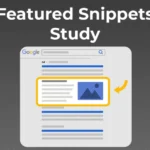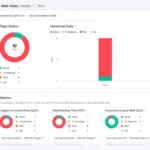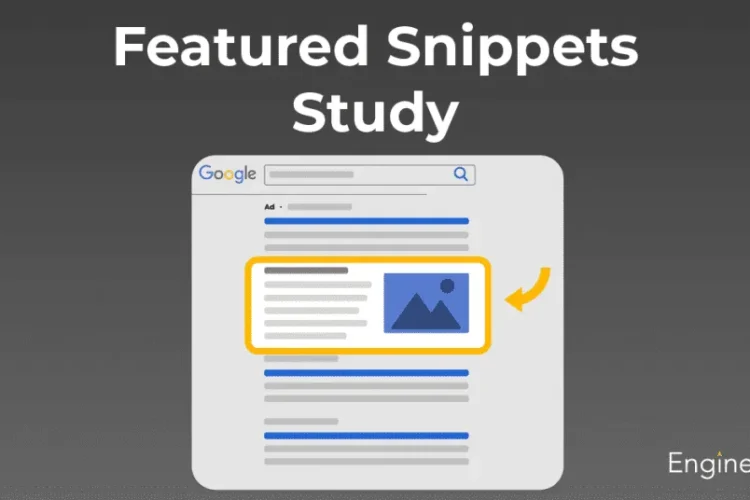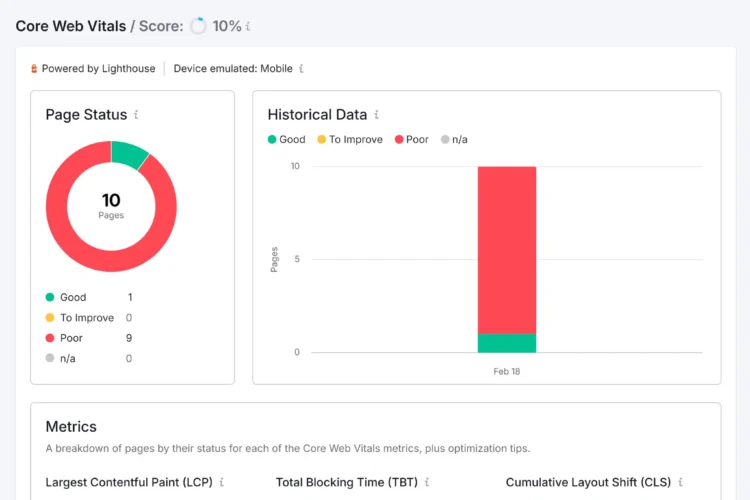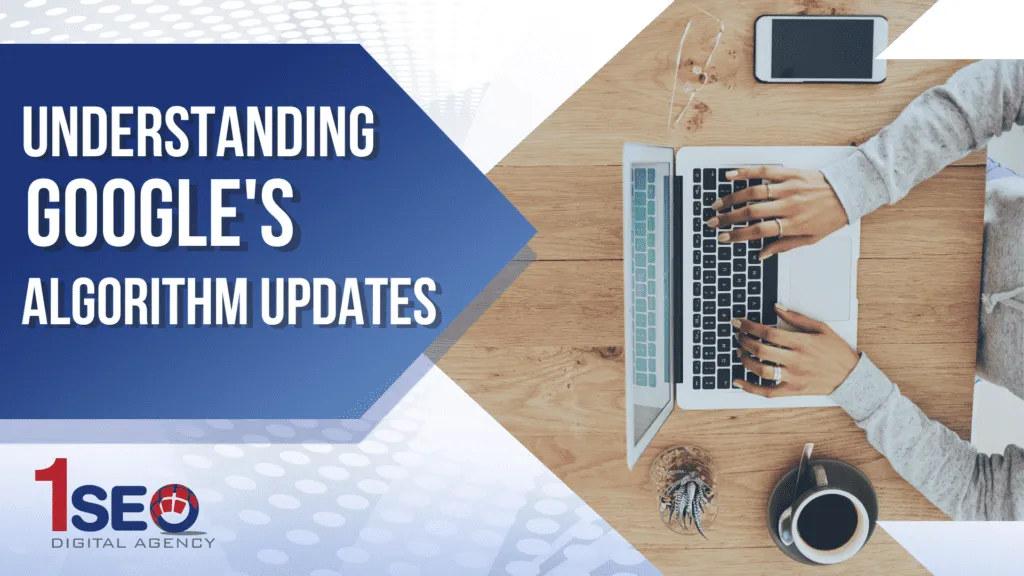
As we move further into 2026, Google continues to evolve its search algorithms to enhance user experience and maintain the quality of search results. Understanding these updates is crucial for SEO professionals and website owners aiming to stay competitive. Here’s an overview of the significant algorithm changes and what they mean for your SEO strategy.
1. Increased Frequency of Core Updates
Google has shifted towards more frequent core updates, with several major updates rolling out in 2025. This trend is expected to continue into 2026, indicating that SEO professionals must be agile and prepared for rapid changes in search rankings. Digital Clinch
Actionable Tip: Regularly monitor your website’s performance using tools like Google Search Console and third-party analytics platforms to quickly identify and adapt to ranking fluctuations.
2. AI Overviews and Zero-Click Searches
AI-generated summaries, known as AI Overviews, are becoming more prevalent in search results. These overviews provide users with direct answers, often reducing the need to click through to websites. It’s estimated that over 50% of searches will be zero-click by 2026. blog.thatagency.com
Actionable Tip: Focus on creating high-quality, authoritative content that can be featured in AI Overviews. Ensure your content is well-structured and includes clear answers to common questions in your niche.
3. Emphasis on E-E-A-T (Experience, Expertise, Authoritativeness, and Trustworthiness)
Google’s Search Quality Evaluator Guidelines have been updated to place greater emphasis on E-E-A-T, especially for “Your Money or Your Life” (YMYL) content. Websites that provide medical, financial, or legal information must demonstrate a high level of expertise and trustworthiness. Search Engine Land
Actionable Tip: Highlight the credentials and expertise of your content creators. Include author bios, cite reputable sources, and ensure your website has a clear privacy policy and contact information.
4. Crackdown on Spam and Low-Quality Content
Google has intensified efforts to combat spam and low-quality content. This includes penalizing sites that engage in “parasite SEO,” where unrelated or low-quality content is published to manipulate rankings. The Verge
Actionable Tip: Regularly audit your website for thin or irrelevant content. Remove or update such pages to ensure all content provides value to users.
5. Adaptation to AI and Automation
The integration of AI into Google’s algorithms is reshaping SEO strategies. AI is now used to assess content quality, user engagement, and even predict ranking shifts. Hiilite Web Design + Marketing + SEO
Actionable Tip: Leverage AI tools to analyze user behavior and content performance. Use these insights to refine your SEO strategy and stay ahead of algorithm changes.
Conclusion
Staying informed about Google’s algorithm updates is essential for maintaining and improving your website’s search rankings. By focusing on high-quality content, adhering to E-E-A-T principles, and adapting to AI-driven changes, you can navigate the evolving SEO landscape in 2026.
If you need assistance in optimizing your website for these updates, feel free to reach out for a comprehensive SEO audit and strategy session.
1. How often does Google release algorithm updates in 2026?
Google continues to release updates regularly in 2026, including both broad core updates and smaller, targeted changes. While exact dates aren’t disclosed, major updates usually happen a few times a year, with smaller adjustments occurring almost weekly.
2. Will small websites be more affected by Google updates this year?
Yes, smaller websites can feel the impact more strongly, especially if their content quality, website structure, or backlink profile isn’t strong. However, small sites that focus on high-quality, niche content and good SEO practices can still thrive.
3. Are there specific industries that Google targets with algorithm changes in 2026?
Google pays extra attention to YMYL (Your Money or Your Life) industries like health, finance, and legal content, where misinformation can have serious consequences. E-commerce and news websites are also closely monitored for quality and relevance.
4. How can website owners predict upcoming Google updates?
While Google rarely announces updates in advance, monitoring official sources like Google Search Central, SEO communities, and analytics for sudden ranking shifts can provide early signals. Following industry experts’ analyses also helps anticipate changes.
5. Do algorithm updates affect paid ads or only organic search results?
Google algorithm updates primarily affect organic search results, not paid ads. However, shifts in organic visibility can indirectly impact paid ad strategies, as businesses may adjust ad spend to compensate for traffic changes.
6. Is it necessary to hire an SEO expert to survive Google updates in 2026?
Hiring an SEO expert isn’t mandatory, but it can help navigate complex algorithm changes effectively. Even small business owners can benefit from consulting an SEO professional for audits, strategy updates, and technical fixes.
7. What are common warning signs that a website may be penalized after an update?
Warning signs include a sudden drop in organic traffic, loss of ranking for multiple keywords, fewer impressions in Google Search Console, and negative messages in Google Search Console’s Manual Actions section.
8. How long does it usually take for rankings to stabilize after a major update?
Rankings often take anywhere from a few days to several weeks to stabilize after a major update. Recovery time depends on how quickly you identify issues and implement changes in content quality, website structure, and SEO practices.
9. Are Google algorithm updates becoming more influenced by AI?
Yes, AI plays an increasingly important role in how Google evaluates content quality, relevance, and user experience. AI helps Google understand context, user intent, and even predict the best results for queries.
10. Can recovering from a Google penalty take months or years?
Recovery depends on the severity of the penalty. Minor issues like thin content or bad backlinks can be fixed in weeks to months, but severe penalties, such as repeated spam violations, may take several months or longer to regain rankings.


